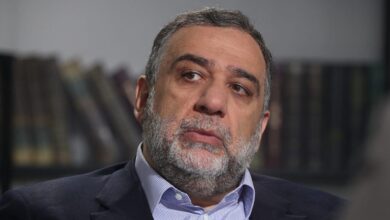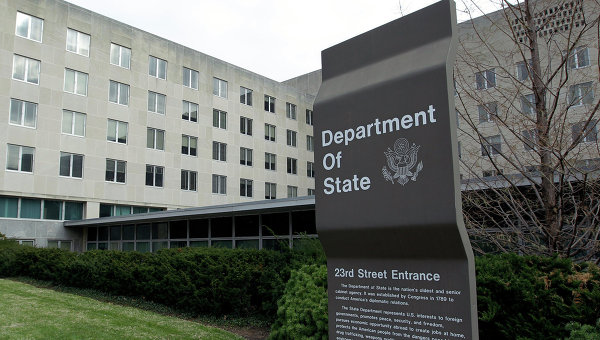
In a speech delivered Monday 9at the Conference “Minorities and Minority Languages in a Changing Europe” on the occasion of the 20th anniversary of the Framework Convention for the Protection of National Minorities and the European Charter for Regional and Minority Languages, the Secretary General of the Council of Europe Thorbjorn Jagland mentioned Armenia among the countries that have improved access to minority language education in line with the Council of Europe instruments.
“The treaties have confirmed circumstances in which individuals have the right to education in their national language, rather than the language of the nation state in which they live. And Armenia, Poland, and Montenegro are among those that have worked with our Organisation to improve access to minority language education in line with our legal instruments, the Secretary General said.
“Armenia, for example, has made it possible to learn Assyrian, Kurdish and Yezidi in schools where large numbers of these minorities are being taught,” he added.
“While these states may have more work to do, they have taken valuable steps forward, sometimes despite political pressure and financial constraints,” Mr. Jagland noted.
Armenia has ratified the Framework Convention for the Protection of National Minorities(FCNM) on July 20, 1998. The latest monitoring report on Armenia published on 1 March 2017 said that a climate of tolerance and dialogue between the majority population and national minority groups generally prevails. It is commendable, the report said, that in spite of economic difficulties, Armenia admitted more than 20,000 people, mainly of Armenian and Assyrian descent fleeing the conflict in Syria.
However, more effort is required to ensure full access to education for all, especially children of the Yezidi national minority where school drop-out rates remain high; and to criminalise forced early marriages conducted under pressure or abuse – the tradition that undermines the chances of girls to complete the compulsory 12-year education cycle. Among other recommendations is introducing a possibility to declare multiple ethnic affiliations in censuses, as well as making racial hatred and other hate motives an aggravating circumstance for all crimes.








